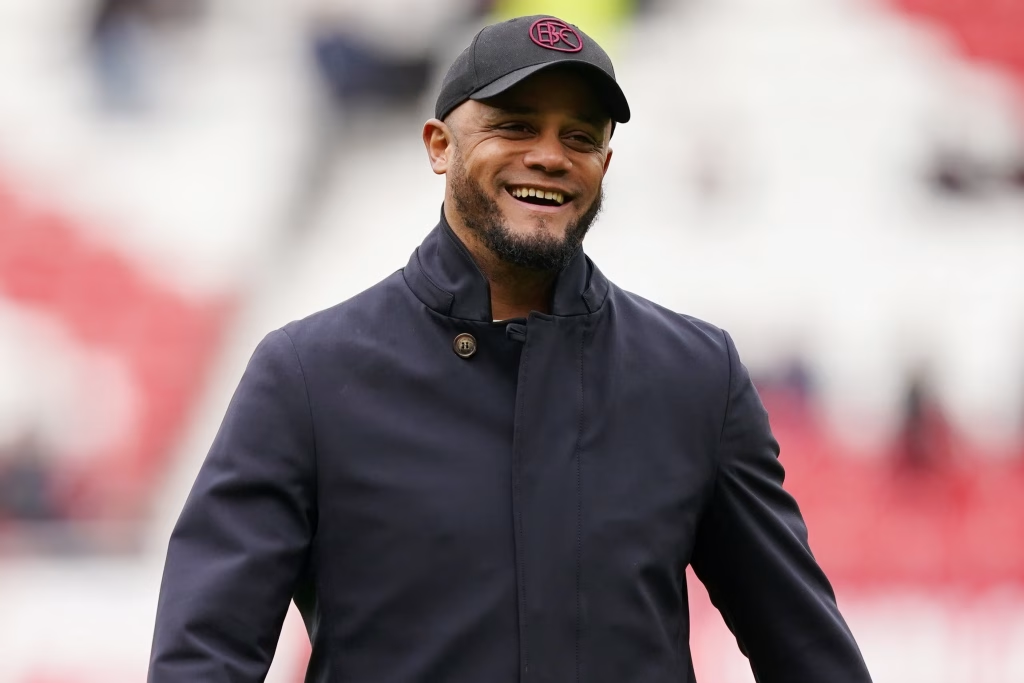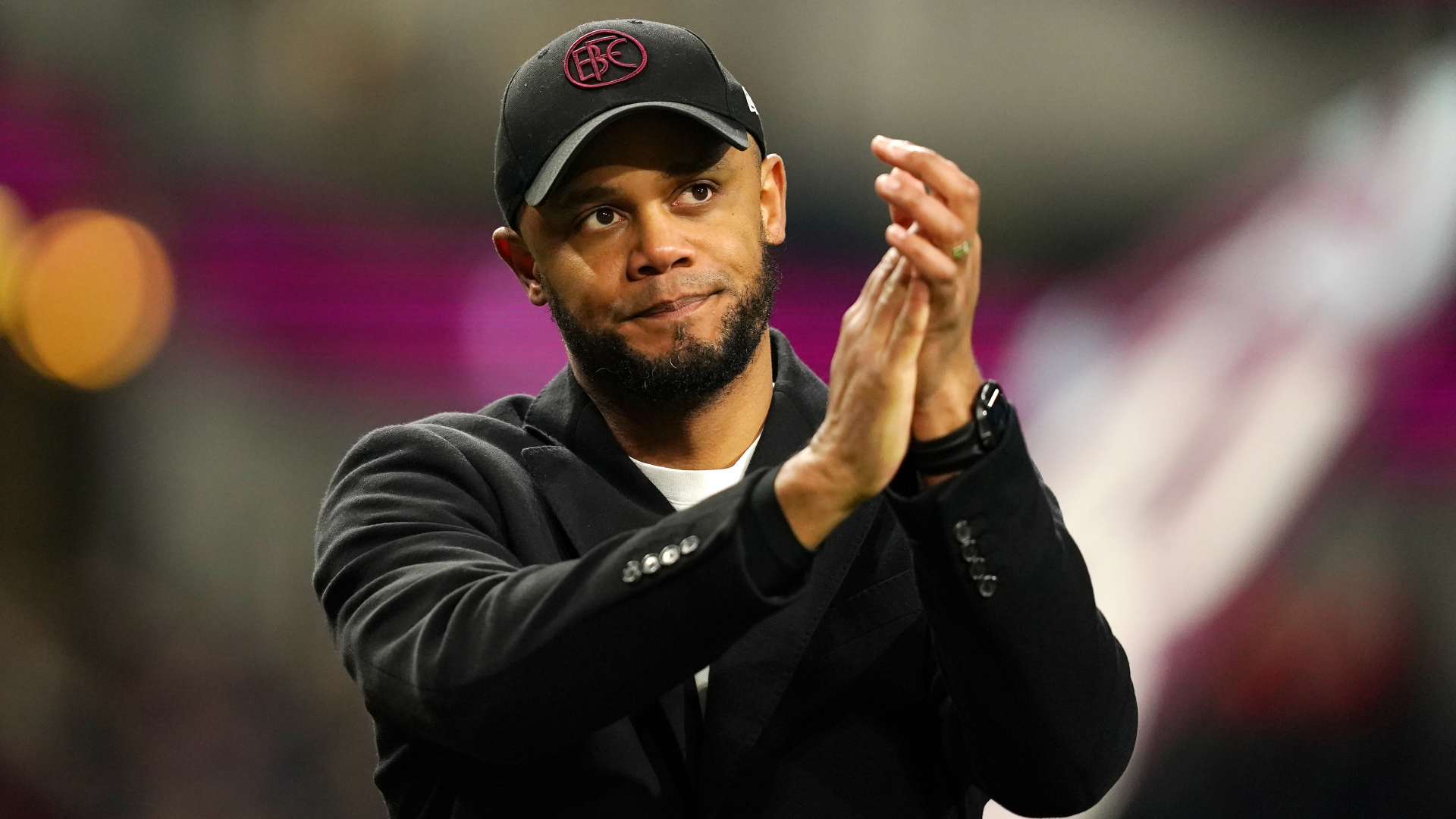Bayern Munich manager Vincent Kompany hailed his club’s constant attacking threat following their 4-2 win over Flamengo in the Club World Cup, describing his team’s ability to stay composed and dangerous throughout the game as key to their success.
Despite Bayern taking a 2-0 lead and later extending the advantage to 3-1, the Brazilian side twice fought back to keep the tie competitive.
Kompany, however, said he was most pleased with his team’s unrelenting offensive mindset, even during moments when the momentum shifted.
“What stood out most to me is that we always remained a threat,” said the former Manchester City captain. “Whether we were in possession or defending, we looked capable of scoring. Even on the counter, we posed a danger.”
Kompany praised his players’ timing in finding goals that eased pressure, particularly against a Flamengo side backed by an impassioned crowd in what felt like an away fixture.
“These games feel like we’re playing on the road—Boca Juniors was the same. The atmosphere plays a big role, and we had to adapt and find a way to win,” he said.

He admitted that handling pressure in such situations is one of football’s greatest challenges and not easily taught.
“As a coach, that’s the hardest thing to instil,” Kompany reflected. “When the pressure builds, players must take responsibility. It’s not about the manager anymore—they just have to stay calm, and I think our team did that.”
He pointed to his squad’s discipline in key moments—including not allowing setbacks like conceding a penalty to derail them—as a testament to their maturity and experience.
Flamengo manager Filipe Luis acknowledged Bayern’s superiority, saying his side had faced relentless pressure from a world-class outfit. Although he was proud of Flamengo’s performance, including their ability to apply pressure and create chances, he conceded that the gulf in class was evident.
“We’re up against the best in the world,” he said. “Our tactics worked, but they were better than us.”
Luis also addressed the broader challenge facing South American clubs in matching their European counterparts, attributing much of the gap to financial disparity and talent drain.
“If players like Vinicius Jr. had stayed in Brazil instead of moving to Europe, we’d have one of the world’s top players here. But of course, players want to compete at the highest level—and that’s in Europe.”
He concluded, “Even if we’d won the match or the tournament, it wouldn’t change the bigger picture—European sides have the best players. That’s the reality.”


 Trending
Trending 